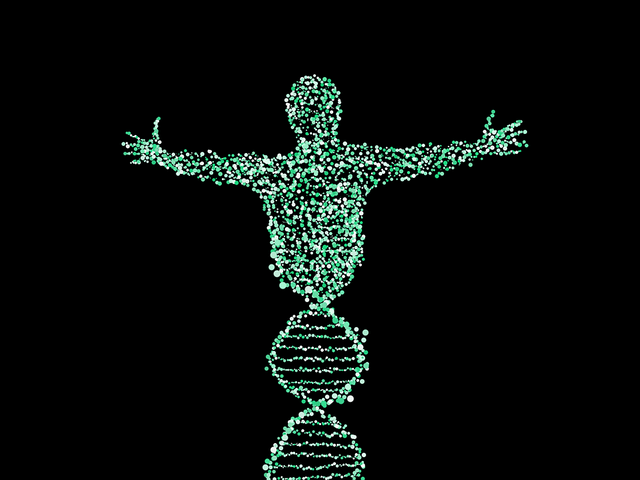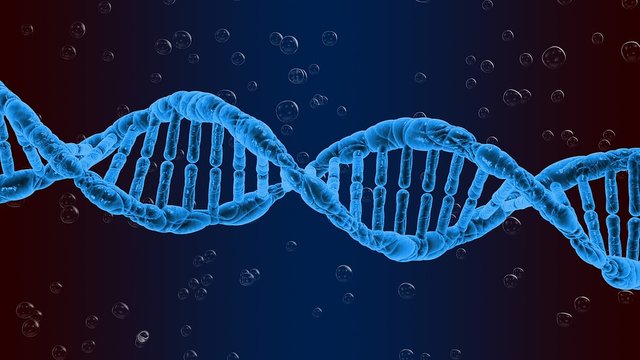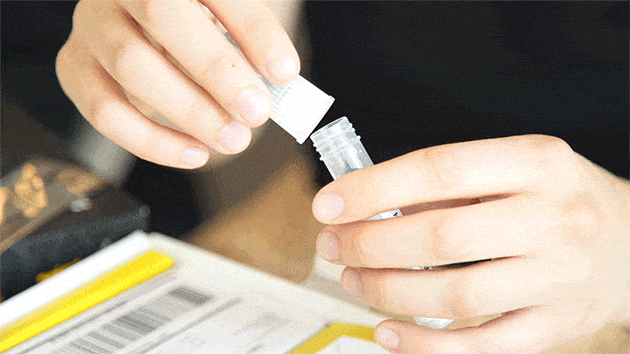Using DNA Profiles From Genealogy Websites To Solve Cold Cases Could Be More Difficult Now After Recent Changes

Police have been able to use DNA profiles from popular ancestry websites like Ancestry.com and 23andme.com etc, to help them solve cold cases from years ago. They've already been successful on a number of occasions, by resorting to these genealogy websites to look for a match.
DNA profiles have been increasingly used, found through these sites, to help bring closure to unsolved crimes. These websites have become popular with millions who've used them to submit their information and look up that of their family. However, this method of DNA collection is controversial and can sometimes bring misleading results.
But it's also helped to clear people who've been wrongfully convicted as well.
There is an issue with law enforcement gathering the DNA in this manner because they don't obtain consent, the person who might be matched isn't aware that they could have an officer show up at their door, because they went looking for family history on a website like those listed above.

Even law enforcement themselves have previously indicated that they'd rather not use these third-party sites to search for DNA matches. They would instead like to expand their own government DNA database, to help them solve crimes that they are investigating.
“The ethical challenge is how to balance public protection with individual rights,... Should police be able to so easily access databases? Most people say yes, especially in cases of violent crime. But where does privacy get to be overridden?” - M. Fullerton, D.Phil., associate professor of bioethics and humanities at the University of Washington School of Medicine.
Read The Fine Print
One of those sites, GEDmatch, that was used to help allegedly locate the Golden State Killer, asserts that in their policy on the site that they inform users that there is that potential for their DNA to be used in other circumstances, such as being used by law enforcement. If you are concerned about it being used in ways you don't consent to then they've urged individuals not to send in their information.
But now, after recent changes it might be more difficult to use this information to help solve crimes.
“Ethically, it is a better option,... It’s the right thing to do.” - GEDmatch co-founder C. Rogers.

In the future, if the police want to use the DNA database through GEDmatch they will need to get an old fashioned warrant before they're given access.
Competing sites like AncestryDNA and 23andMe also reportedly don't allow law enforcement to freely search their database.
Pics:
pic1
Pic2
pic3 - C. Enos

Give us more power or bad things will happen.
Bliss is just a few more rules away.
hope i'm alive when we get there!🤣
Congratulations @doitvoluntarily! You have completed the following achievement on the Steem blockchain and have been rewarded with new badge(s) :
You can view your badges on your Steem Board and compare to others on the Steem Ranking
If you no longer want to receive notifications, reply to this comment with the word
STOPTo support your work, I also upvoted your post!
1900! time flies!:)